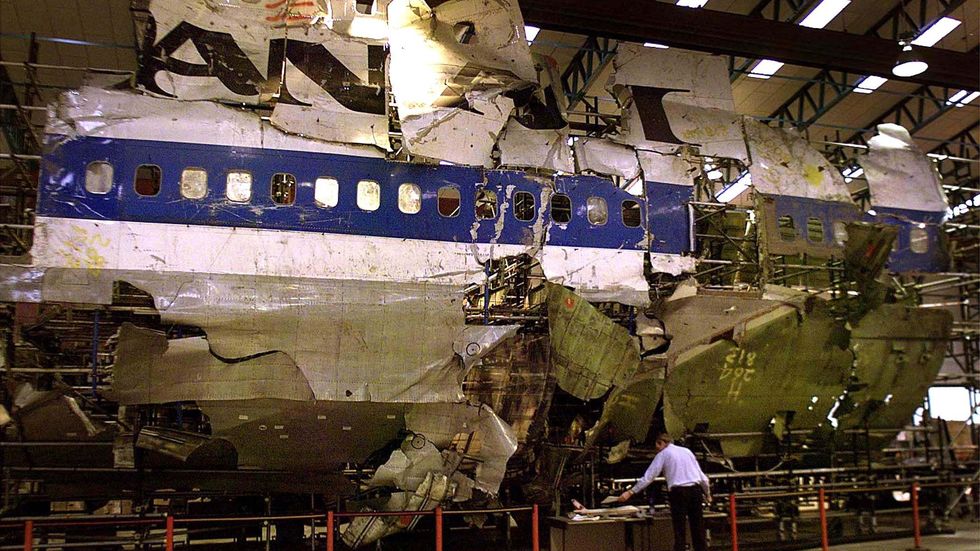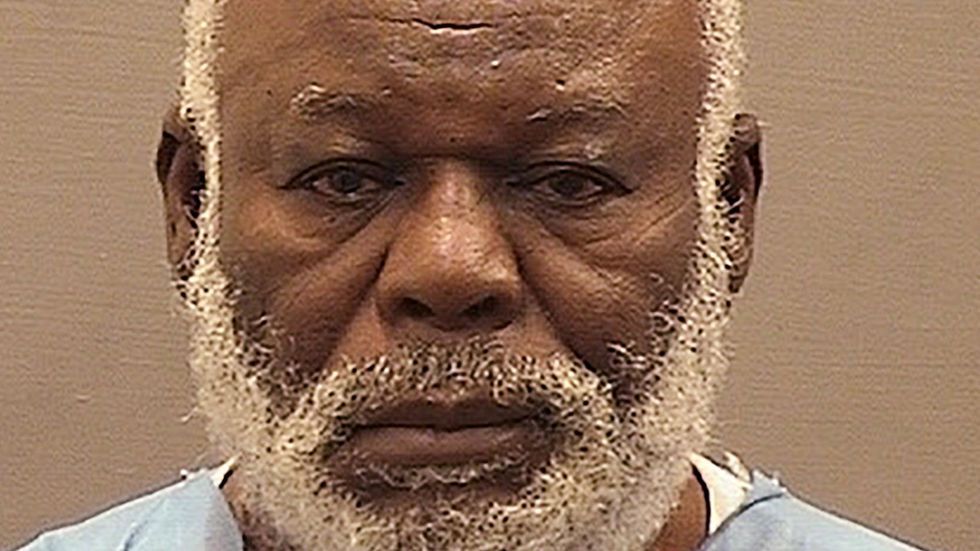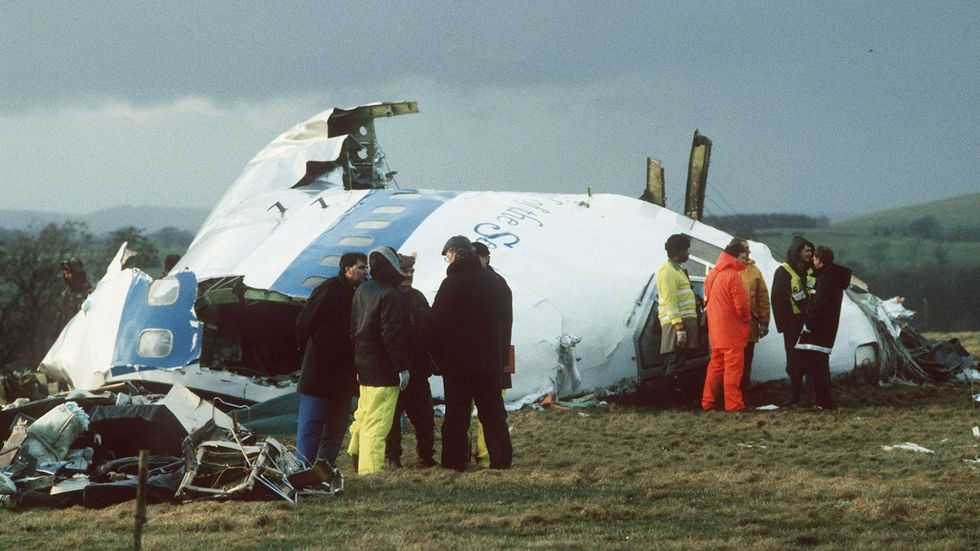A section of the Pan Am flight 103 fuselage is being transported to the United States as evidence in the upcoming trial of a man accused of making the bomb that destroyed the aircraft over Lockerbie in 1988.
The transfer is part of an evidence-sharing agreement between Scottish and American authorities.
Abu Agila Mas’ud, a Libyan national, is scheduled to stand trial in Washington DC next May on charges of causing the destruction of an aircraft resulting in death.
The historic transfer marks a significant development in one of Britain’s worst terrorist attacks, which claimed 270 lives nearly 36 years ago.
The Boeing 747 was flying from London to New York when it exploded over the Scottish town of Lockerbie on December 21, 1988.
All 259 passengers and crew aboard the aircraft perished in the bombing.
The devastation also claimed the lives of 11 people on the ground in Lockerbie, bringing the total death toll to 270.

Pan Am Flight 103 wreckage moved to US for Abu Agila Masud trial
REUTERS
The attack remains the deadliest act of terrorism in British history.
The families of those who lost their lives have been kept informed about the current evidence transfer proceedings.
Laura Buchan, who leads the prosecution team at the Crown Office and Procurator Fiscal Service, detailed the evidence-sharing process.

Abu Agila Mas’ud, a Libyan national, is scheduled to stand trial in Washington DC next May on charges of causing the destruction of an aircraft resulting in death.
REUTERS
“Since Mas’ud was taken into custody by the US in 2022, Scottish prosecutors and police have been engaged in a formal evidence-sharing process with the US Department of Justice,” she said.
The transfer of physical evidence from Scotland to US custody is now underway.
Buchan acknowledged the emotional significance of the fuselage transfer, stating: “We understand that the fuselage will hold significance for many of the families of those who lost their lives and they have been informed of the transfer plans.”

The scene after the Lockerbie bombing in 1988
REUTERS
The case has deep historical roots, with Libyan intelligence officer Abdelbaset al Megrahi previously being convicted of mass murder in 2001 at Camp Zeist in the Netherlands.
Megrahi was released on compassionate grounds in 2009 after being diagnosed with terminal cancer, and died in Tripoli in 2012 while maintaining his innocence.
Lord Advocate Dorothy Bain KC said: “The trial court held that this act of state-sponsored terrorism was orchestrated by the Libyan government and that Megrahi was involved with others.”
“The transfer of evidence for the trial in the US is a strong expression of the commitment that Scottish prosecutors and officers of Police Scotland have to bringing all those responsible for this terrible act to justice,” she added.